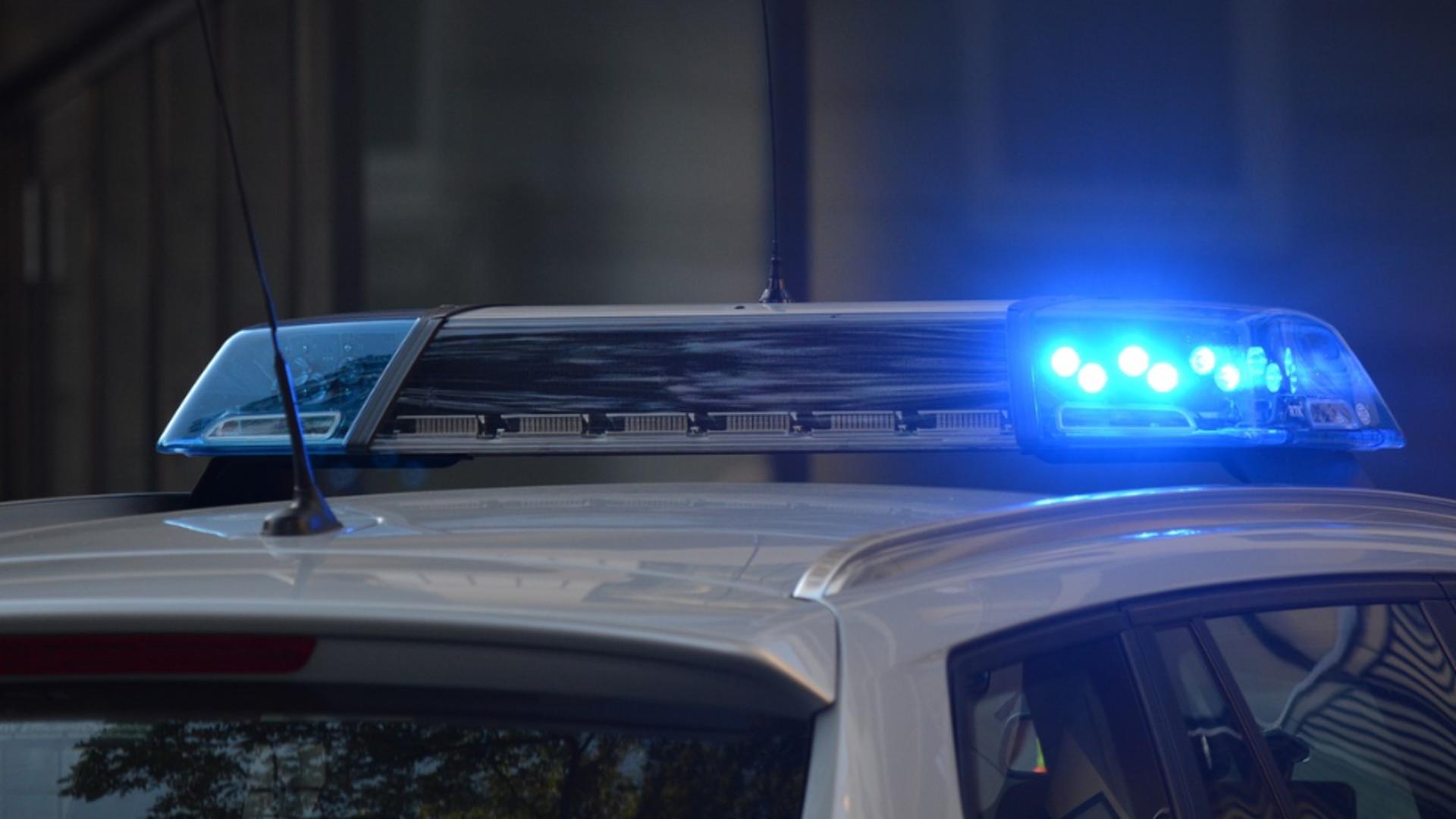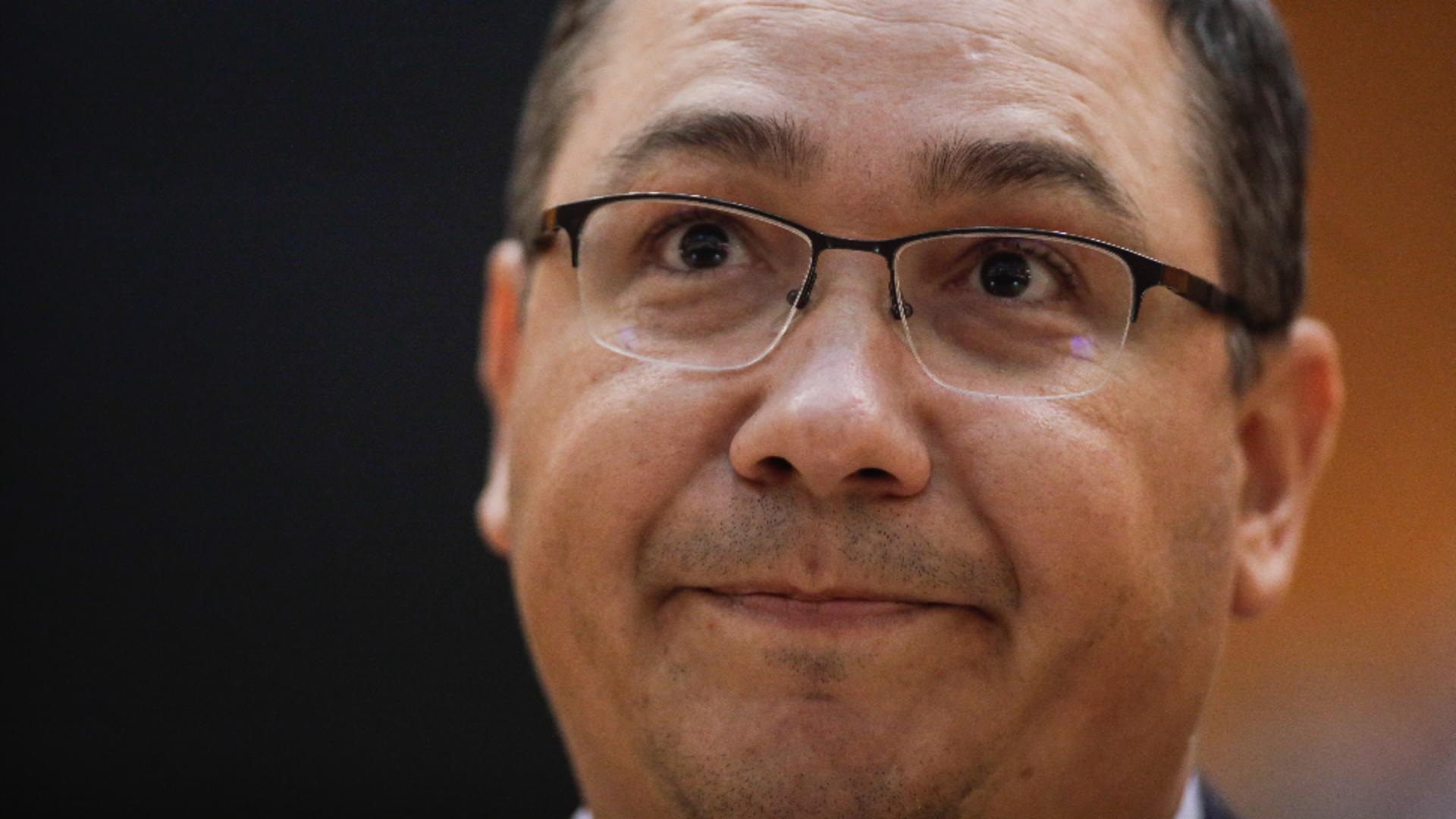During the last year of his life, Dexter Reed was reaching out for help but still found himself in trouble.
While many questions remain about what happened in the March 21 shootout that left Reed shot dead by Chicago police and an officer shot in the wrist, court records examined by the Tribune show Reed repeatedly sought legal remedies for his financial, medical and psychological struggles after he was wounded in another shooting in August 2021.
“I’m physically disabled and mentally unstable with PTSD, short-term memory loss, slurred speech, drop foot in one of my legs, blindness in one eye, shoulder/arm hard to move, weakness and/or sensitivity,” Reed, who was 26 when he was killed last month, wrote in an August 2023 court filing. “With all these medical conditions it has been hard for me to work and/or do certain things.”
The video of Reed’s killing by a team of tactical officers drew immediate responses from city leaders last week and provided a vivid reminder that policing in the city remains under a federal consent decree outlining reform.
And while the reasons behind Reed’s actions may never be known, the record in his legal claims provide at least a partial window into his self-proclaimed mental state in recent years. While not commenting directly about Reed’s recent past, his family last week made statements urging the public and officials to consider the full picture of Reed beyond the disturbing footage that quickly went viral.
Andrew M. Stroth, an attorney representing Reed’s family, confirmed to the Tribune that Reed was previously shot. Stroth declined to specify what happened, but said the shooting left Reed with trauma that he was still grappling with at the time of his death.
“Dexter sustained a serious injury from a family altercation in August of 2021. He was a competitive basketball player, an athlete, his entire life, and after that incident he spent several months recuperating and rehabilitating from that major injury,” Stroth said.
“That injury was traumatic, it was really traumatic for him,” he said. “There were no criminal charges, nothing legal, he just got in an altercation, he was shot, and he never fully recovered. And over the past couple years, the family shared with me, he’s been working to recover, both physically and mentally.”
Cook County court records show that Reed filed lawsuits between March and August last year, acting as his own attorney in each. Three of those lawsuits — filed against the city’s Finance Department, a former college basketball teammate and Reed’s former employer, Monterrey Security — were filed in March 2023.
Family members hold photos of Dexter Reed outside the Civilian Office of Police Accountability headquarters on April 9, 2024, after video of his death in a shooting by Chicago police last month was released. (Brian Cassella/Chicago Tribune)
Reed alleged the city improperly ticketed and towed his vehicle when he was in a coma recovering from his gunshot injuries. He sued Monterrey, claiming that he was fired without cause in 2019. And Reed said one of his former basketball teammates at Morton College had set up a GoFundMe account in Reed’s name after he was shot without his permission, but that former teammate never gave him any of the donated money.
All three lawsuits were quickly dismissed or stricken from the court call, records show.
In July 2023, the former Westinghouse College Prep basketball player was arrested near the United Center and charged with illegally possessing a gun inside the Windy City Smokeout music and food festival. That case was pending at the time of Reed’s death.
The following month, Reed filed two more lawsuits: one against Mount Sinai Hospital, where he was treated after he was shot, and another against the Social Security Administration. The latter, in which Reed claimed he was wrongly denied benefits, was dismissed, records show.
In his complaint against Mount Sinai, Reed alleged that he was “mistreated, unsecured, misdiagnosed, untreated while in a coma recovering from being shot on Aug. 25, 2021.”
Attorneys for Mount Sinai have sought to dismiss Reed’s still-pending suit. Court records show the next hearing in that case is scheduled for April 18.
Dexter Reed (5), playing for Westinghouse, center, looks to pass the ball away from Hyde Park Academy’s DaQuan Fairley (11) during the second half of their game at Hyde Park Academy High School in Chicago on Feb. 6, 2017. (Nuccio DiNuzzo/Chicago Tribune)
Five CPD tactical officers assigned to the Harrison District (11th) curbed Reed’s SUV in the 3800 block of West Ferdinand Street, allegedly after he was seen not wearing a seat belt.
The footage shows the officers exit an unmarked police vehicle, draw their weapons and repeatedly order Reed to roll down his SUV’s tinted windows. Reed initially complied and rolled down his window, but appeared to disregard the officers’ commands to roll down the window on the passenger side.
Moments later, Reed appeared to shoot the CPD officer standing on the SUV’s passenger side. The other four officers then opened fire, shooting dozens of rounds at Reed, who exited the vehicle before falling to the pavement. One officer fired three more shots at Reed as he was lying motionless in the street.
That officer — just 23 years old — shot at least 50 times during the 41 seconds of gunfire. He was one of three officers who reloaded their weapons, according to the Civilian Office of Police Accountability.
Along with video footage, COPA released copies of reports filled out by the four officers who fired their weapons. In those reports, the four said they fired a total of 79 rounds, less than the 96 initially reported last week.
A CPD source said 11 spent bullet casings were found inside Reed’s vehicle. Reed’s autopsy was still pending last week and it was not yet known how many of the officers’ shots struck him.
Sharon Fairley, a professor from practice at the University of Chicago Law School and former chief administrator of COPA, said each of the four officers who fired their guns will be required to explain why they expended each round they fired.
“The idea here is that an officer can’t just discharge a firearm just because the colleague next to him or 10 feet away from him is discharging,” Fairley said. “They have to be able to identify a threat and use force in response to a specific threat themselves. That’s what the policy says, that’s what the law requires.”
A still image from a video released by the Civilian Office of Police Accountability shows a group of Chicago police officers surrounding a vehicle driven by Dexter Reed, 26, moments before an “exchange of gunfire” in which Reed was fatally shot on March 21, 2024, on the West Side. (Chicago Police Department)
Daniela Gilbert, director of the Redefining Public Safety Initiative at the Brooklyn, New York-based Vera Institute of Justice, said police officers across the United States conduct about 20 million traffic stops annually, and research suggests that between a third and a half of those stops are initiated for “non-safety-related” matters, like broken taillights, expired registration or tinted windows.
Chicago police officers routinely recover hundreds of allegedly illegally possessed guns, and many of those recoveries come via traffic stops. But experts said that’s not the broader picture across the country.
“These non-safety-related traffic stops very rarely result in the recovery of guns or other contraband. Gun violence is too important to leave to a ‘needle in the haystack’ approach like searching vehicles,” Gilbert said. “Finding contraband via non-safety-related traffic stops is too rare and time-consuming and puts people unnecessarily at risk.”
Warning: Graphic content. The Civilian Office of Police Accountability released video footage Tuesday that shows a group of Chicago police officers firing dozens of bullets at Dexter Reed, 26, during a traffic stop in the Humboldt Park neighborhood on March 21, 2024. (Chicago Police Department)
Days after the shooting, COPA Chief Administrator Andrea Kersten wrote to police Superintendent Larry Snelling recommending that the four officers who fired at Reed be stripped of their police powers during the ongoing investigation.
“Specifically, COPA is uncertain how the officers could have seen this seat belt violation given their location relative to Reed’s vehicle and the dark tints on Reed’s vehicle windows. This evidence raises serious concerns about the validity of the traffic stop that led to the officers’ encounter with Reed,” Kersten wrote.
Snelling, at an unrelated news conference Friday, said the officers involved in the shooting still had not been interviewed by investigators and stressed that CPD is fully cooperating with COPA. The department’s officers have initiated nearly 50,000 fewer traffic stops in the first three and a half months of 2024 compared with 2023, while felony arrests are up 9%, Snelling added.
COPA’s inquiry will likely take months, if not more than a year, to conclude.
Once finished, COPA will submit its findings and recommendations to Snelling. If COPA sustains an allegation of misconduct, the superintendent must then decide whether or not to lodge administrative charges against an officer. Those charges could potentially lead to a suspension or firing from the Police Department.
Records show that an earlier investigation of the officers involved was launched on Feb. 26 — less than a month before Reed was shot — and it involved an allegation of unreasonable search and seizure that “was purportedly also based on a seatbelt violation,” Kersten wrote in her letter to Snelling.
Most such stops, long challenged as a pretext for legal police searches, do little to improve road safety, experts said, and can increase the chances of violent interactions like the one that cost Reed his life.
“Traffic stops are the most common type of contact between police and the public and really have little to do with improving road safety,” Gilbert said.
“Many high-profile killings of Black people by police started with police allegations of low-level offenses,” she said, “and ending unnecessary traffic stops has the potential to reduce harmful racial disparities and reduce the likelihood of tragedies like this.”





